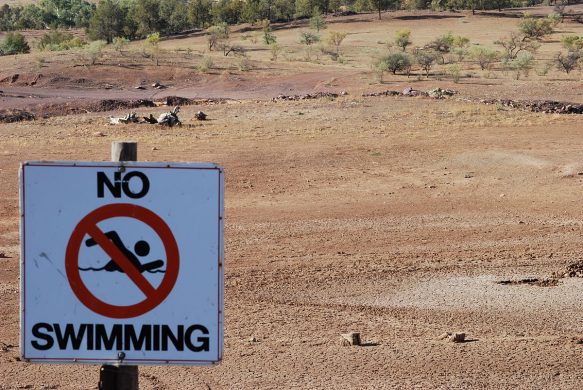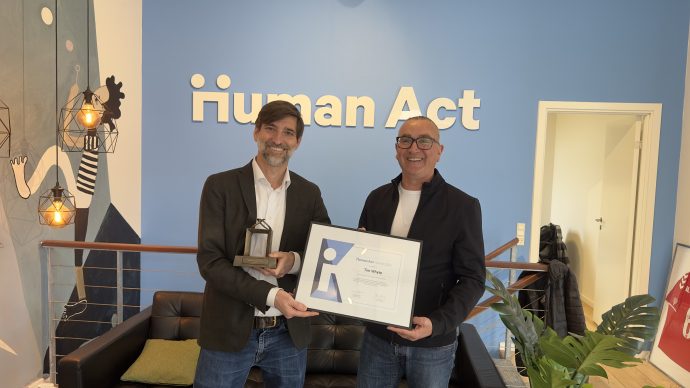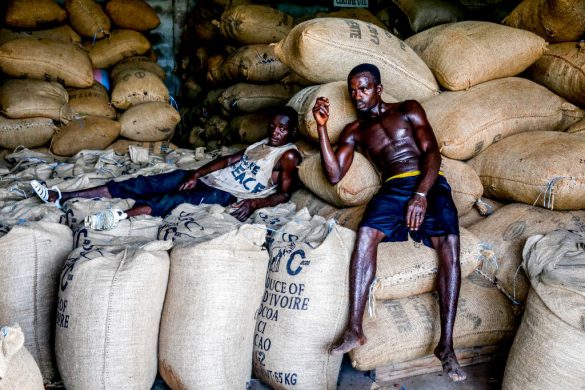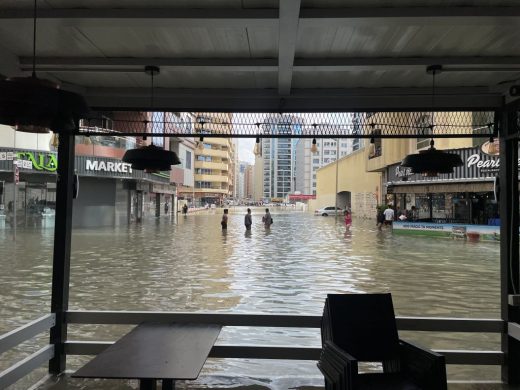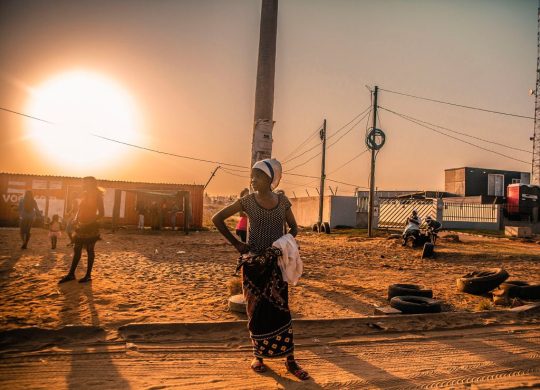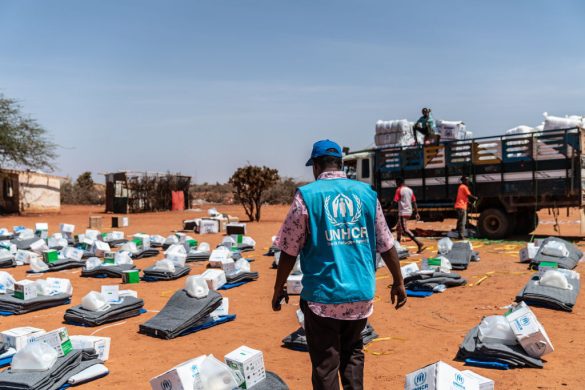Marrakesh, 09 November 2016:The devastating impacts of climate change are already being felt around the globe.
Climate stressors are threatening sustainable development and resilience, impairing socioeconomic development and reinforcing cycles of poverty.
The latest policy report from the Munich Climate Insurance Initiative (MCII) “Making climate risk insurance work for the most vulnerable: Seven guiding principles” illustrates how to best assist the poor and vulnerable so that they can benefit from climate risk insurance.
“Worldwide, the poorest people bear a disproportionate burden of climate stress, yet they have contributed least to the drivers of climate change,” says Michael Zissener, Coordinator, MCII.
“Data reveals that between 1980 and 2015, 76 per cent of fatalities from natural disasters occurred in developing countries. The measures that most vulnerable people usually employ to deal with losses and damages are for example selling assets, delaying healthcare and taking high interest loans. These measures often deteriorate their livelihoods and can create a vicious cycle of poverty,”
Insurance to 400 million people
This newly released report supports the InsuResilience initiative by the G7 states that strives to enable access to an additional 400 million people. It presents the results of the study “Climate risk insurance for the poor & vulnerable: How to effectively implement the pro-poor focus of InsuResilience” that analysed 18 already existing climate risk insurance schemes to investigate:
- How climate risk insurance contributes to building resilience and alleviating poverty of its target group.
- How climate risk insurance can effectively reach the poor and vulnerable, including success factors and challenges.
In the face of predicted growing weather extremes such as floods, cyclones, droughts, etc. , the need is greater than ever to find effective strategies to manage climate risks and unexpected climate shocks.
“Now is the time to learn and adapt from existing insurance pilots and schemes. We must ensure that climate risk insurance efforts effectively contribute to supporting poor and vulnerable people in finding climate resilient development pathways,” says Christoph Bals, Vice-Chair, MCII.
Seven guiding principles
The findings of the study were distilled to create seven guiding principles of climate risk insurance that form the core of this policy report. Also known as the pro-poor principles, they can guide the design process of new insurance schemes to make them more effectively benefit the poor and vulnerable.
They also help with the identification of insurance schemes to be supported by international initiatives, such as the G7 InsuResilience.
“Well-designed climate risk insurance as part of a wider risk management strategy supports poor people at risk in a concrete way in finding climate-resilient development pathways. For example, it can protect people against climate shocks by acting as a safety net and buffer shortly after an extreme weather event,” says Thomas Loster, Executive Board Member, MCII.
Research shows a strong need for guidance and careful planning and implementation in order for this to be successful. The pro-poor principles for climate risk insurance are MCII’s contribution for better financial risk transfer.
They support and guide current and future efforts to reach the poor and vulnerable with insurance, thus benefiting them and supporting climate change adaptation.

